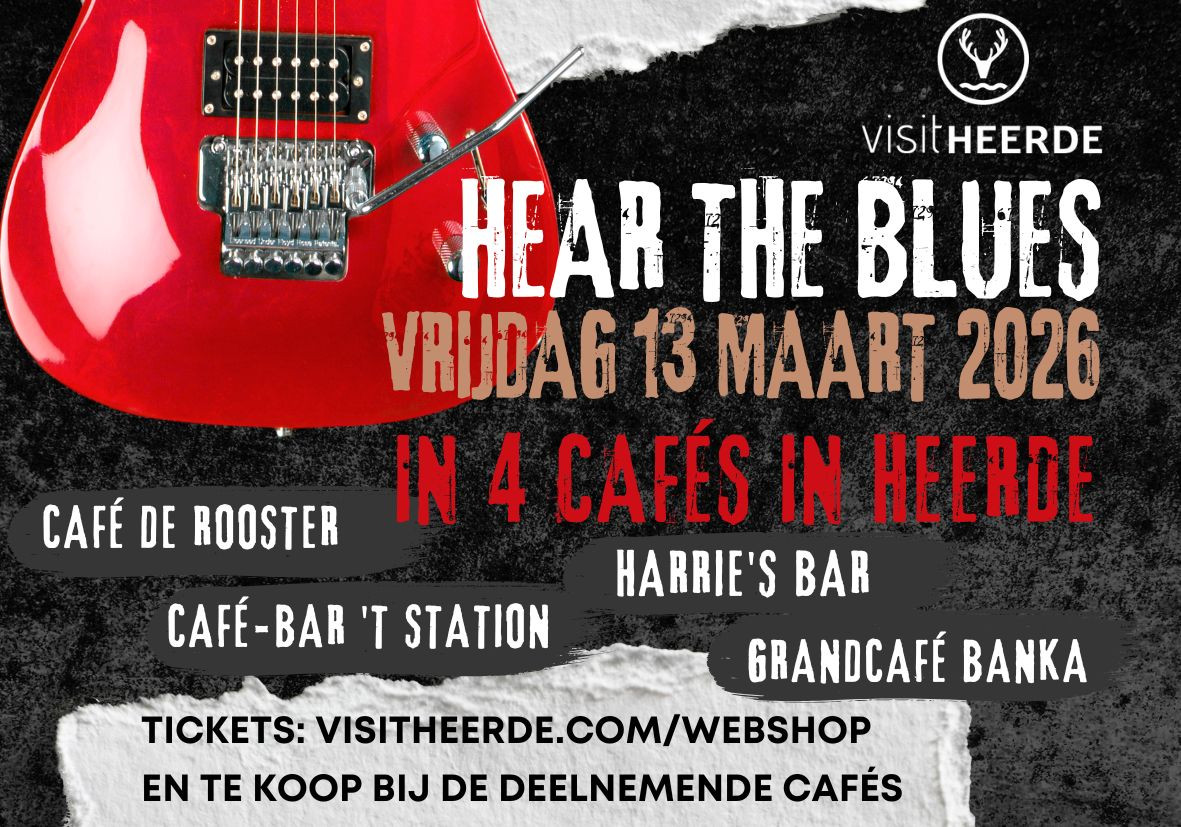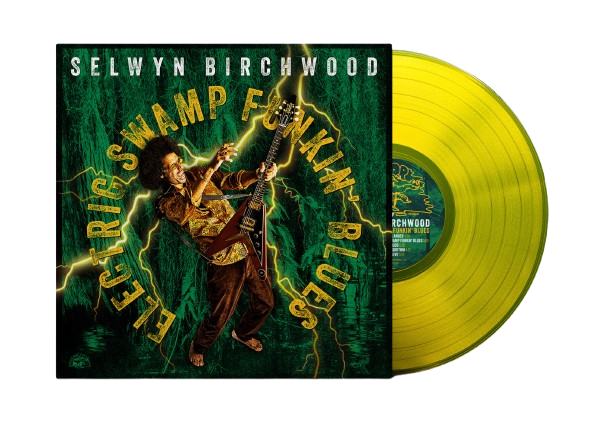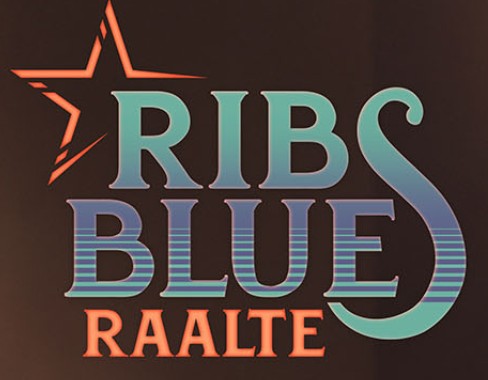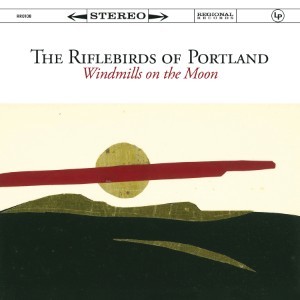Meet The Riflebirds of Portland
“Do yourselves a favour and get into this album. It’ll be a favourite for life.” Sean Magee, Grammy-winning mastering engineer, Abbey Road Studios
1985-1989
The Riflebirds of Portland were originally called The Riflebirds. Marvin Etzioni (founding member of Lone Justice) produced their debut album April (available only on cassette) in 1989. The single ‘Pieces of Time’ was immediately included on the highly coveted CMJ (College Music Journal) CD. Columbia Records expressed interest. Before things could move forward, The Riflebirds broke up.
2024
The original band got back together with Etzioni back in the producer chair. Since 1992, their drummer Kevin Jarvis has worked with Brian Wilson, Lucinda Williams, Elvis Costello and many more. He is also an engineer/mixer and owner of The Sonic Boom Room where the album was recorded and mixed. Chief songwriter and bassist Lee Oser became a professor of English literature and an author. Singer Kate Oser became a children’s librarian. Lead guitarist Kevin Kraft became a software tester in Silicon Valley.
Since there is another band from Australia called The Riflebirds, a name change was needed. The band chose The Riflebirds of Portland because Portland, Oregon is where they started. A mere thirty seven years after their debut, the forthcoming album Windmills on the Moon will soon be available on vinyl, CD and all digital platforms. The front cover artwork is by the legendary Edward Hopper.
Two singles from the album, ‘Sometime Somewhere’ and ‘It Doesn’t Matter Much to Me’ are available now, with a third single, ‘You Win’ scheduled to follow on July 11.
SONGWRITER’S NOTES BY LEE OSER
(Music by Lee Oser and Marvin Etzioni; lyrics by Lee Oser)
- SOMETIME SOMEWHERE
It’s always interesting, when you’re working with the three chords of blues or country music, to see where the fourth chord takes you. It’s like introducing a shade amidst the primary colors. “Sometime Somewhere” has six chords and the chorus hinges on the one minor chord in the song. The melody leaps up and drives home the lyric. It was the last song I wrote for the record, and I recall the raw energy, the drive to write something catchy. Marvin went to work on the structure like a sculptor handling clay. The words are deliberately simple - Dr. Seuss for grown-ups.
- SHE’S NOT HERE
A perfect example of automatic writing. I have no idea where it came from. I was sitting at the kitchen table with my guitar, and it emerged as if by ventriloquism. I had the body of the song in fifteen minutes, except that Marvin later came up with this beautiful chromatic trick to set up the bridge. We always said that was our “Lennon-McCartney moment.” As regards the words, the task was to avoid clichés. Not a total success, but there can be life in clichés, if you know how to find it. The “afterlife of clichés,” one might say.
- WINDMILLS ON THE MOON
The fingerpicking is slightly unusual because I wrote it on piano and then transferred the pattern to guitar. The lyrics evoke what the poet Shelley calls “the desire of the moth for the star.” I was hanging out in Manhattan and reading Don Quixote at the time, and Quixote’s tilting at windmills is a classic example of Shelley’s perception. So I put Quixote’s windmills on the moon. Call it poetic logic or just sheer nonsense. Marvin patiently solved several difficult structural problems, while pushing me through multiple rewrites of the bridge. Hard work, that one.
- MY MOURNFUL BRIDE
About a woman who marries her second choice, though her naïve husband doesn’t know it. I like the phrase “just a shot of swing and a fat trombone,” and Dave Ralicke’s trombone solo fits the bill! I love Kate’s vocal on this one - that sexy touch of “Happy Birthday, Mr. President.” Lyrically, it was a bit of a high-wire act. I was stuck motionless in midair until the “Bonnie and Clyde” / “mournful bride” rhyme popped up. That’s a key trick, getting beyond the simple type of “June” / moon” rhyme to working off a phrase. As regards the tune, Marvin came up with the chromatic movement. I remember his magical demo: just him singing and playing the bass line on acoustic guitar.
- REACH OUT (TOUCH THE DIVINE)
I love God and I hate partisan politics. Or maybe I love the idea of God. It’s hard to say. I think politics has become a God-substitute, and the constant obsession is sick, a mass psychosis. So I was playing the Druid or Witch Doctor, trying to find a groove to move the dancing animal, the primordial being who is too wise to waste time on hate. Marvin brought a lot of insight into this number. He made sure it stayed on point both musically and lyrically.
- PENGUIN
The oldest song on the album. It started as a piano ditty based on a child’s magic-marker drawing of a penguin. I taped it to the wall, where it faded over the years, until all that remained was the blue fangs of the sea and the glacial white of the blank sheet. The penguin had vanished like the mist! Marvin liked the song when he heard it. He touched up the chorus, improved the bridge, and put the parts in order. I had years to write the lyrics - a rare luxury in the world of pop songs, but typical of the old ballads.
- IT DOESN’T MATTER MUCH TO ME
I’m a writer of bridges, and the bridge pleased me because it starts on B minor and resolves on B major. All the best writing on the record was fluid in that way. The chords were invitations, not formulas or routines. To be sure, rock has its standard forms, and this song started as a blues riff in B major (transposed to E major, since Kate sings higher than I do). Initially, I thought the verses were about corporate types dressed up as political saints. That kind of managerial posturing is rampant these days, especially in my line of work. In retrospect, though, I think I was commenting on my own smelly ambition. Those “no, no, no no’s” at the end should be sung by Doctor Faustus sinking through a trapdoor.
- YOU WIN
It started with the chorus, writing in a Buddy Holly vein. The verses are poppy and move the song along, but I found my own voice with the bridge. Word-wise, it’s the comical side of the Battle of the Sexes, the ju-jitsu grappling with someone else’s will. I remember Kevin Kraft helping with the verse about the drones. Kevin is great that way. He listens carefully and occasionally spits out the excellent suggestion.
- THE LAST DAY OF YOUR LOVE
My favorite song on the album. It started as an elegy for my stepfather, David. At the same time, a particular song is not always about just one thing. Its inspirations may cross and intertwine, and this song merged as it grew with another vein of longing and loss - maybe it was the loss of my mother, or a woman I was once attached to. You can also hear it - this emotional doubling - in my rare vocal appearance, which occurs in a different key from the song itself. Also, the bridge features direct address, “Oh darling, the weight of it all.” It all just seemed to fit, though Marvin and I went through contortions before we finally decided to repeat the bridge. “Art loves chance and chance loves art,” says the Philosopher. I think we got lucky.
- WHERE DOES THE RIVER LEAD?
I wanted an opening of three chords that were instantly memorable, as in Bob Dylan’s “Knockin’ on Heaven’s Door.” Also, I wanted to say something hopeful at a time when Americans had lost confidence. I went back to the American frontier, which has become a mythology with a horizon of hope. There’s a mystical line: “I asked a fellow crow to help me find my way.” The animistic feeling owes something to the Native Americans, who also inhabit the mythology of the frontier. Hope is something all people share, and our imaginations are vast enough to share it in common. The bridge came to me exactly as it sounds on the record, the organ and the gourd. I feel very grateful it worked out.
For further information please contact Geraint or Deb Jones at G Promo PR
• Email: gpromo@btinternet.com • Web: www.gpromopr.com








Geen opmerkingen:
Een reactie posten